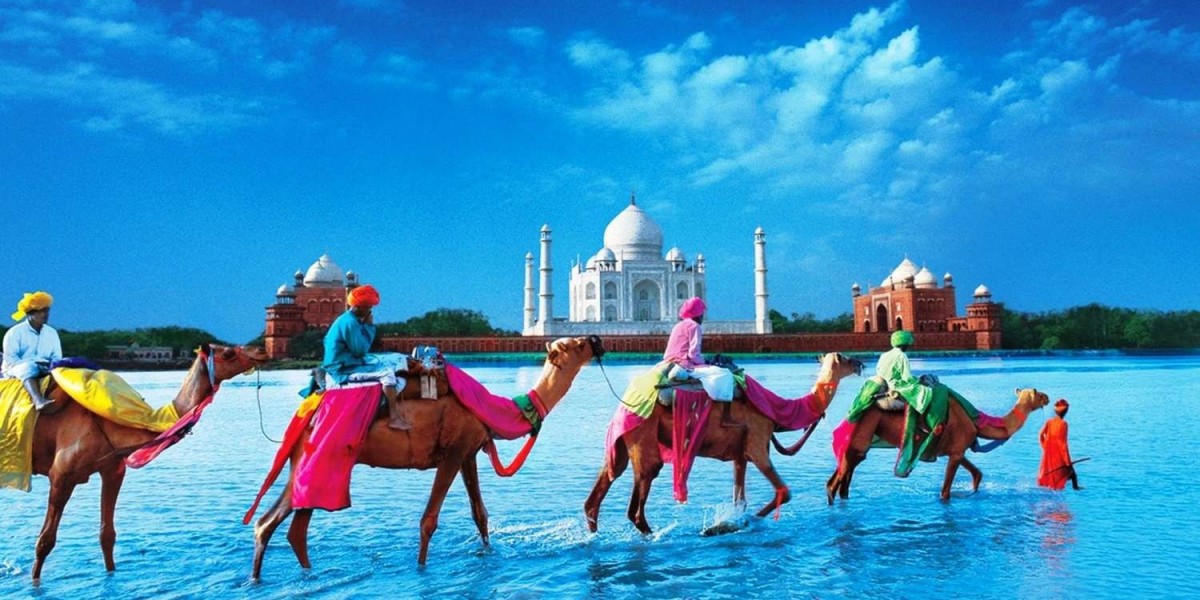Introduction
Social media has undoubtedly transformed the way we consume and engage with entertainment. With its rapid growth and global reach, it has become a powerful force in the entertainment industry. From music and movies to sports and television, social media platforms have reshaped the industry's landscape. In this article, we will explore how social media has revolutionized the entertainment industry.
- Direct Interaction with Fans
One of the most significant ways social media has revolutionized the entertainment industry is by providing a direct line of communication between celebrities,buy facebook accounts, artists, and their fans. Platforms like Twitter, Instagram, and TikTok allow fans to engage with their favorite stars, ask questions, and receive instant updates. This personal connection has strengthened fan loyalty and made celebrities more relatable.
- Viral Marketing and Promotion
Social media has revolutionized how entertainment content is marketed and promoted. The viral nature of platforms allows content to spread rapidly through shares, likes, and trending topics. Artists, filmmakers, and studios can create buzz and generate interest in their projects without the need for traditional advertising, potentially saving millions of dollars in marketing costs.
- Crowdsourcing and Fan Involvement
Entertainment creators can now harness the power of crowdsourcing through social media. They can involve fans in the decision-making process, from choosing album art to voting on storylines. This level of fan involvement not only fosters a sense of community but also ensures that the entertainment content is more in tune with what the audience desires.
- Real-Time Feedback and Adaptation
Social media offers real-time feedback for entertainers. Whether it's a live concert, a new movie release, or a television series, artists can gauge audience reactions immediately. They can make adjustments or improvements based on this feedback, resulting in more responsive and audience-driven content.
- Streaming and Online Distribution
The rise of streaming platforms like Netflix, Hulu, Amazon Prime, and YouTube has been accelerated by social media. Users share their favorite content on these platforms,buy linkedin accounts, making it easier for audiences to discover new shows, movies, and music. This shift in distribution methods has disrupted traditional entertainment channels, making it more accessible to a global audience.
- Breaking News and Trends
Social media is often the first source of breaking news and trends. Entertainment news is no exception. When something significant happens in the industry, it's shared instantly on social media, keeping fans and enthusiasts well-informed. This immediacy has made it challenging for traditional media to compete.
- Influencer Marketing
Influencer marketing has become a lucrative avenue for the entertainment industry. Celebrities and brands collaborate with influencers to reach a broader and more engaged audience. The influencers' endorsement and promotion can lead to higher ticket sales, record streams, and product purchases.
- Memes and Fan Culture
Social media is the birthplace of internet memes and fan culture. From viral dance challenges to quoting famous movie lines, these trends keep entertainment content alive long after its initial release. Memes and fan culture have become a significant part of promoting and celebrating entertainment.
Conclusion
Social media's impact on the entertainment industry is undeniable. It has transformed how fans interact with their favorite stars, how content is marketed and promoted, and how entertainment is distributed and consumed. While these changes bring numerous benefits, they also come with new challenges, such as privacy concerns and the potential for misinformation. Nevertheless, it's clear that social media will continue to play a pivotal role in shaping the future of the entertainment industry. As technology evolves and new platforms emerge, entertainment professionals and fans alike must adapt to this ever-changing landscape.
 " class="wow_main_float_head_img">
" class="wow_main_float_head_img">






